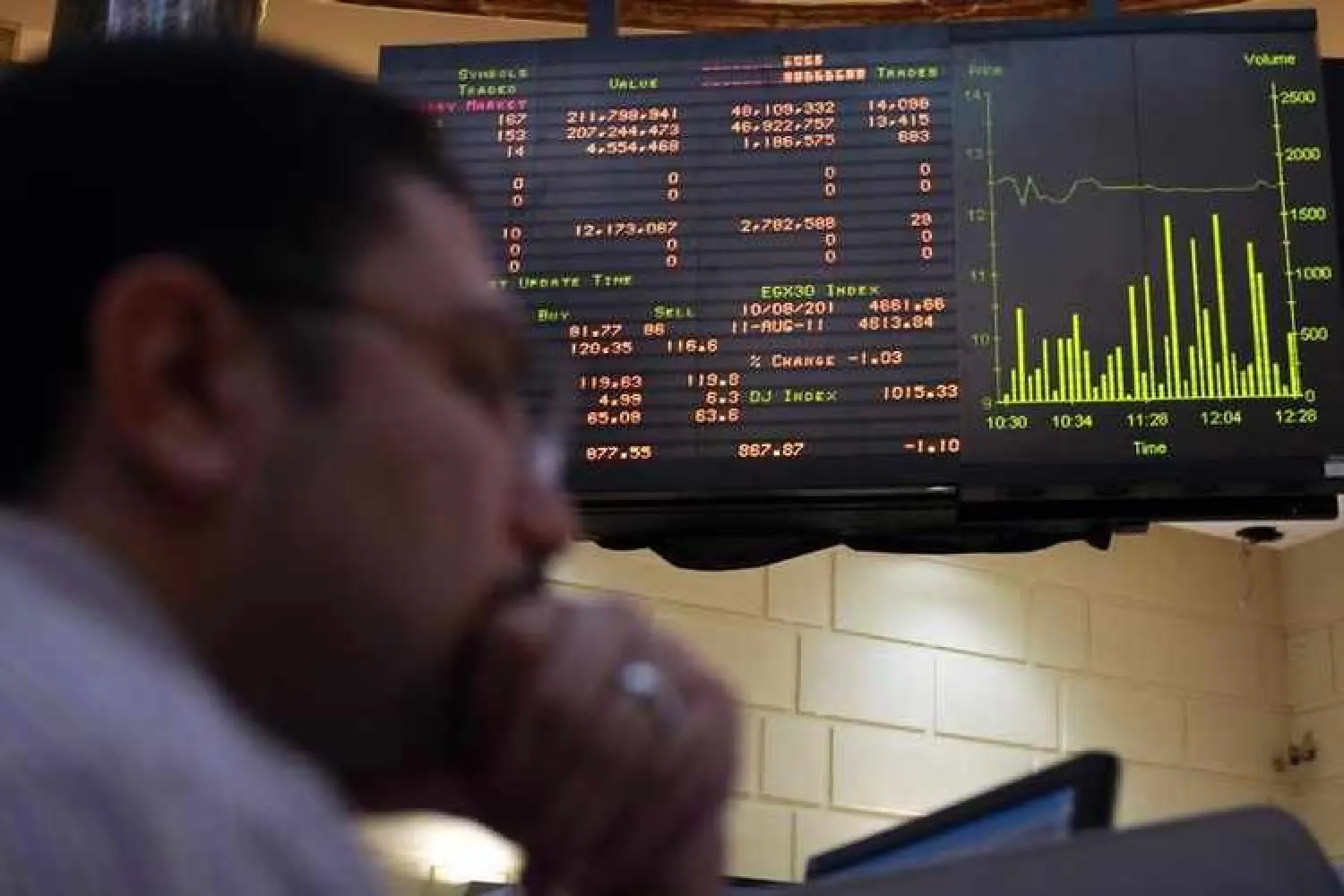Cairo will host on Monday the two-day conference of African Securities Exchanges Association (ASEA), sponsored by Egyptian Prime Minister Sharif Ismail, Investment Minister Sahar Nasr, alongside a number of African ministers, delegations of international and regional financial institutions.
The ASEA conference provides the opportunity for senior officials and representatives of major investment funds and institutions to meet over investment and financial services from across the African continent.
The conference represents an excellent opportunity to identify and execute business deals between board heads and CEOs, and other key participants in the growing financial services sector in Africa.
Angus Blair, chief operating officer at Pharos Holding, said that long-term prospects for investment opportunities across African stock exchanges, including Egypt, are many and varied.
Many countries in the continent have natural resources, great talent and strong economies, which lead to many new IPOs on the stock exchange lists, said Blair.
Speaking on Pharos Holding, he stated that the company is ready to offer advice to companies and exchange markets to improve their position in the international arena, attract capital and help achieve their goal of creating sustainable and long-term economic growth.
The annual conference is a main forum aimed at bringing together key decision-makers in African capital markets to discuss ways on improving the continent's social and economic transformation by increasing efficiency of financial markets.
Established in 1993, ASEA is the industry association for exchanges in Africa. Headquartered in Kenya, it represents over 32 exchange groups divided into 27 main members, two observers, and three associate members.
ASEA’s member exchanges are home to approximately 1,500 listed companies and the value traded of its member exchanges in 2016 amounted to US $250.8 billion. ASEA works with local, regional, and international organizations to promote the development of fair, transparent and efficient capital markets in Africa.
Among the keynote speakers at this year's conference is Dr. Mahmoud Mohieldin, World Bank Vice President for Development.
He is expected to address the African role, Sustainable Development Agenda 2030 and the part played by financial markets.
The conference will include discussion sessions on increased liquidity in African capital markets, technology applications within the capital markets, as well as expected offerings in the Egyptian stock exchange during the upcoming period.









